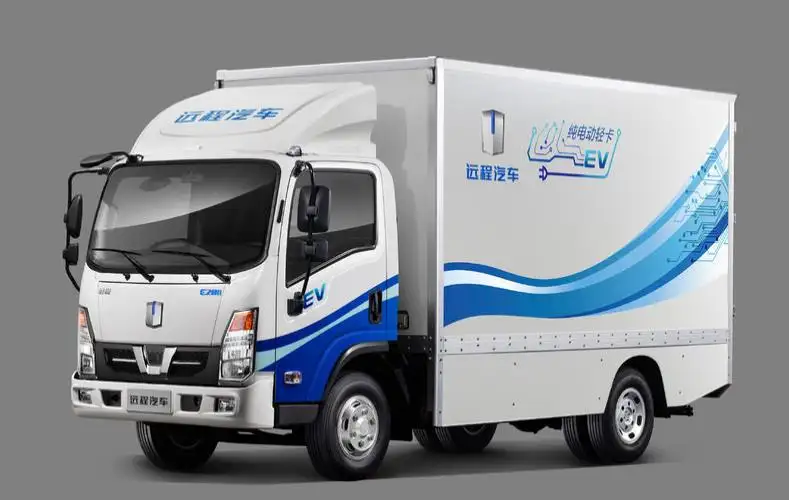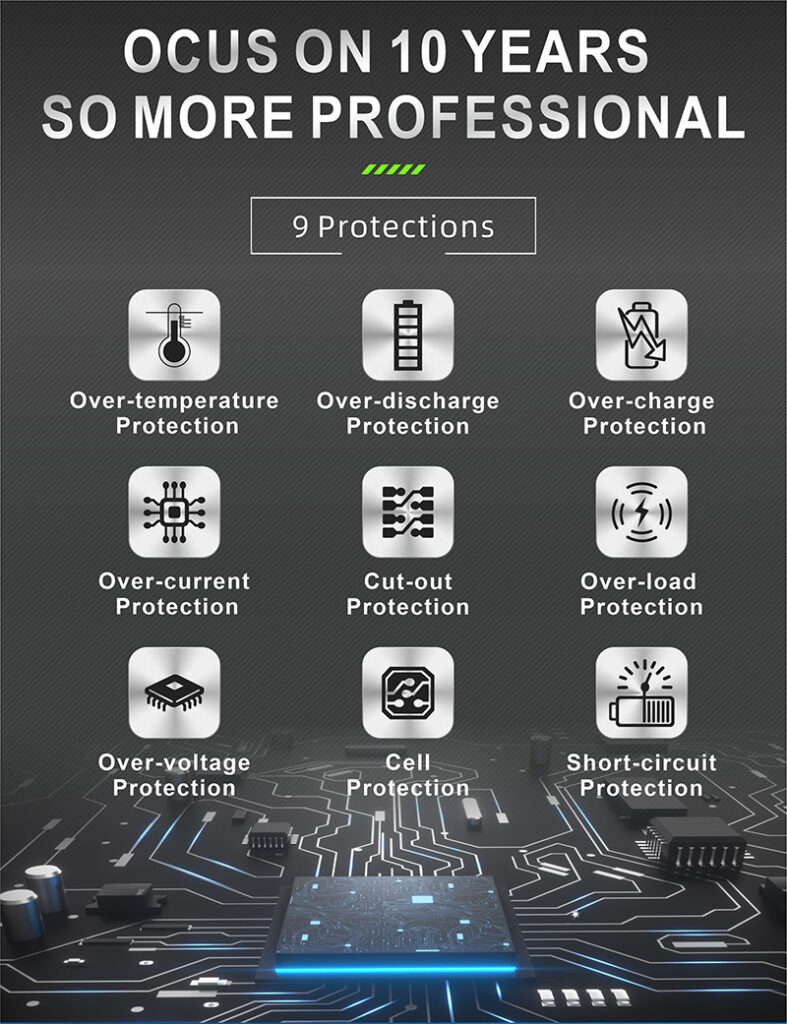The Ministry of Transport and Environment wants to boost sales of electric vans with tougher EU emissions regulations.
Transport&Environment is a European organization whose mission is to accelerate the transition to electric vehicles. On its website, it says its vision is to create a zero-emissions transportation system that is affordable and has minimal impact on our health, climate and environment.
“Created more than 30 years ago, we have created some of the most important environmental laws in Europe. We have set the world’s most ambitious CO2 emissions standards for cars and trucks, we have exposed the Dieselgate scandal; we have successfully launched an effort to end palm oil campaign; securing a global ban on dirty shipping fuels, and helped to create the world’s largest aviation carbon market – just last year, T&E’s campaign prompted Uber to commit to electrifying much of its European operations.”
In other words, these people are not lightweight in advocating zero-emission transportation.
There’s a lot of chatter from fossil fuel advocates these days trying to convince us that EVs are actually more expensive to own than conventional cars. Some people think that people don’t need to buy new cars at all because they can get used cars for much cheaper. You can save a fortune simply by finding relevant parts from your local junkyard. Undoubtedly, they are right, in some limited way.
The latest T&E survey shows that in all 6 countries surveyed (France, Germany, Italy, Poland, Spain and the UK). The organization’s calculations include all available government subsidies. Even ignoring these subsidies, electric vans have a lower cost of ownership in 5 of the 6 countries and are on par with diesel vans in Germany excluding subsidies.
T&E says the stronger policy is needed
Sales of electric vehicles are growing in Europe, thanks in large part to tougher emissions standards advocated by T&E. But the standards for vans are more lenient, and T&E believes the EU should take remedial measures soon.
Today, only 3 percent of new vans are electric, although commercial customers have expressed strong interest in buying more electric vans. It believes that by 2027, the stricter standards will double the number of electric vans on the road compared to the proposed EU standard, saving owners millions of euros in fuel costs.
Given the need to reduce climate emissions, oil use and health impacts – and enable truck users to reap significant economic benefits – T&E urges European Parliament and co-legislators in member states to set stronger CO2 targets to accelerate over the next decade use. Its recommendations include:
Raise 2025 emissions reduction target from 15% to 25%
Set an additional medium-term target of 45% for 2027
Raise 2030 target from 50% to 80%
Guarantee 100% emission reduction target in 2035
T&E is unlikely to achieve all the policy moves it seeks, but it may come closer to what it previously thought possible.
For commercial vehicle operators, the bottom line is the most important of all considerations. If electric vans are cheaper, the demand for them will increase, which will benefit all citizens of Europe and the world.
mylion lifepo4 battery: https://myliontech.com/category/life-po4-battery/











